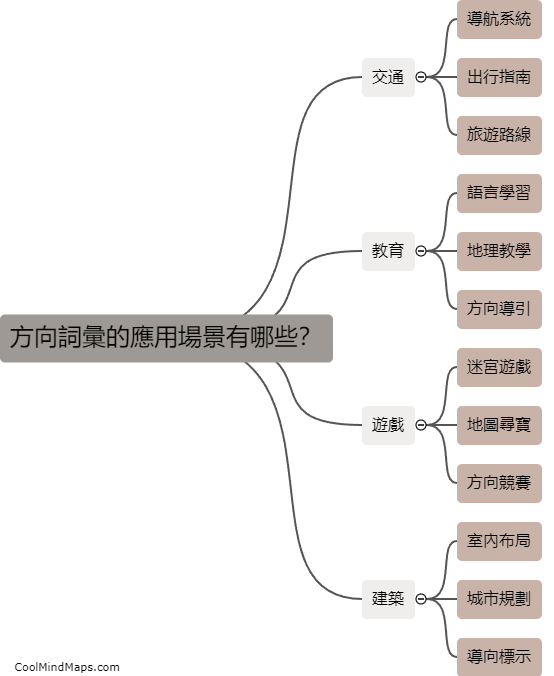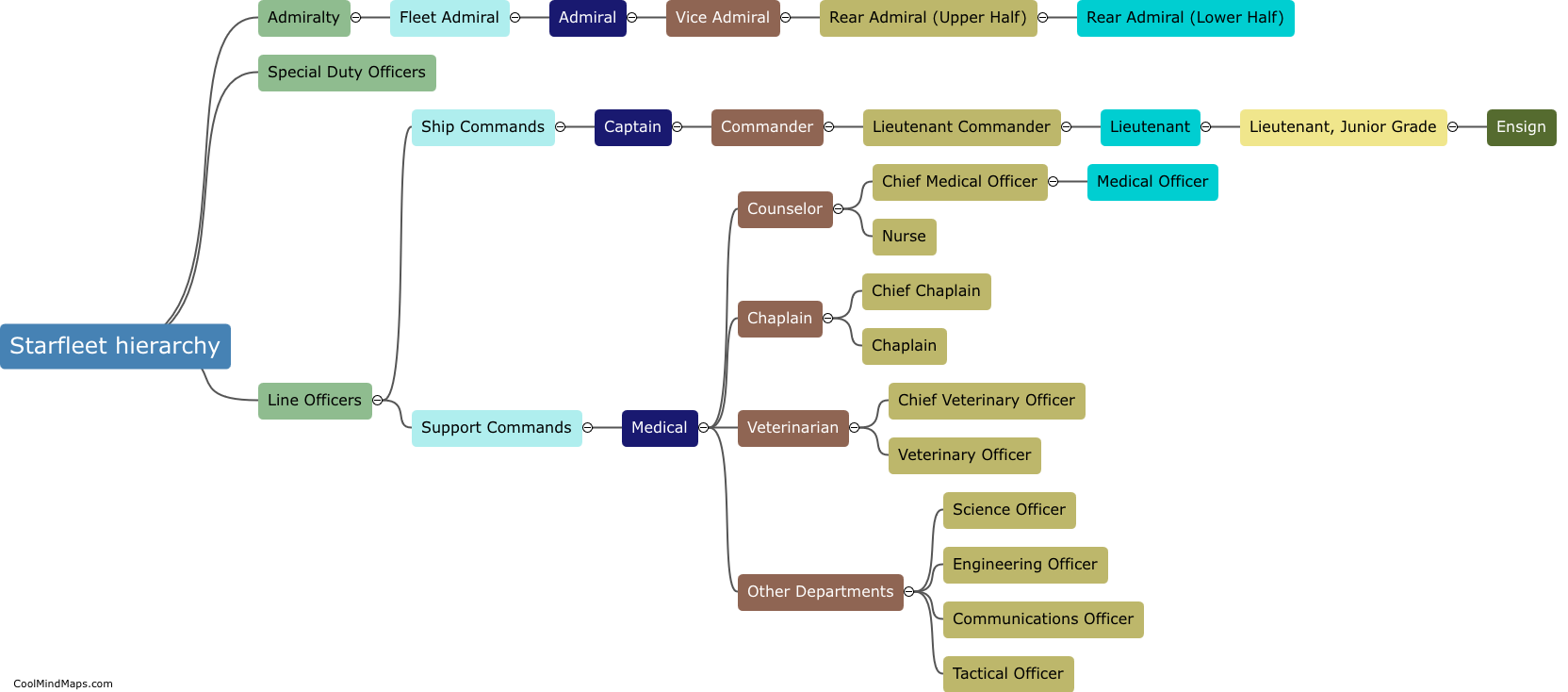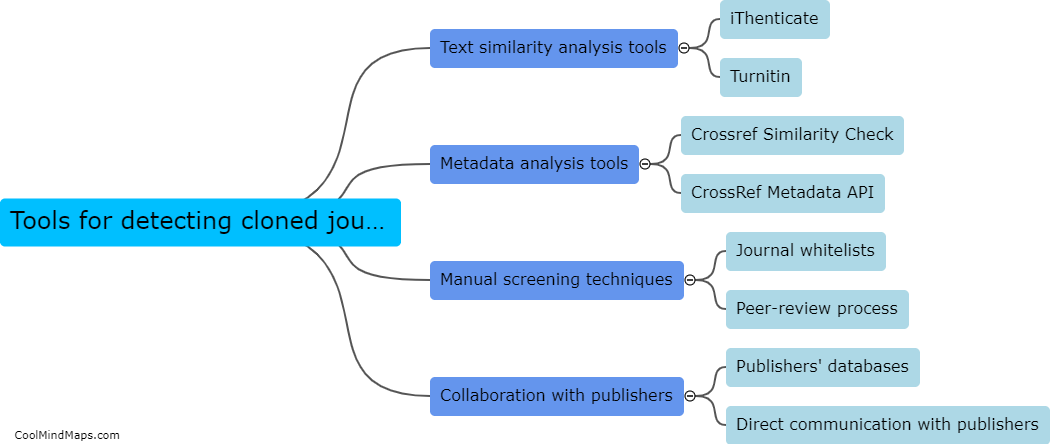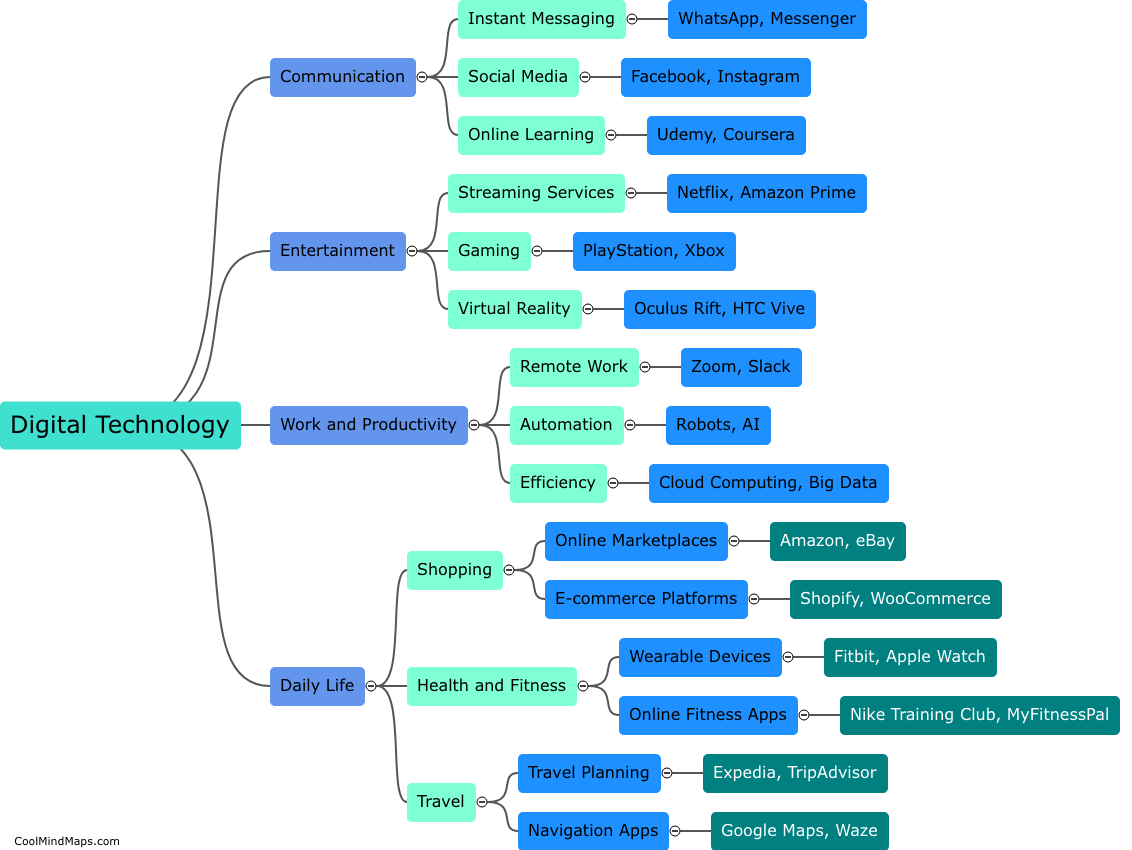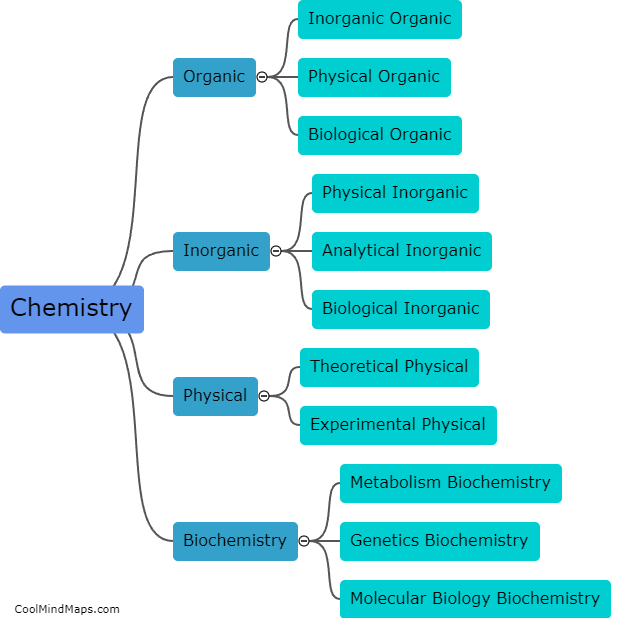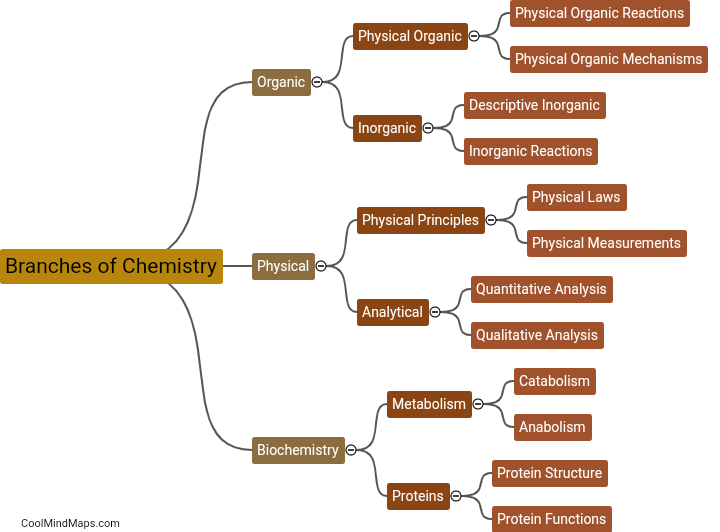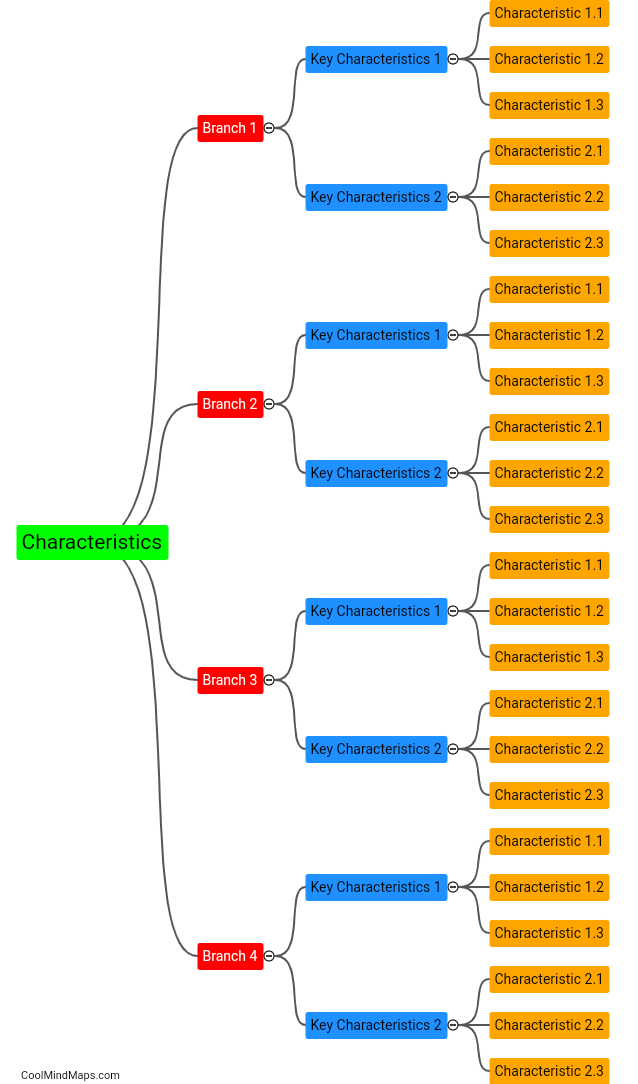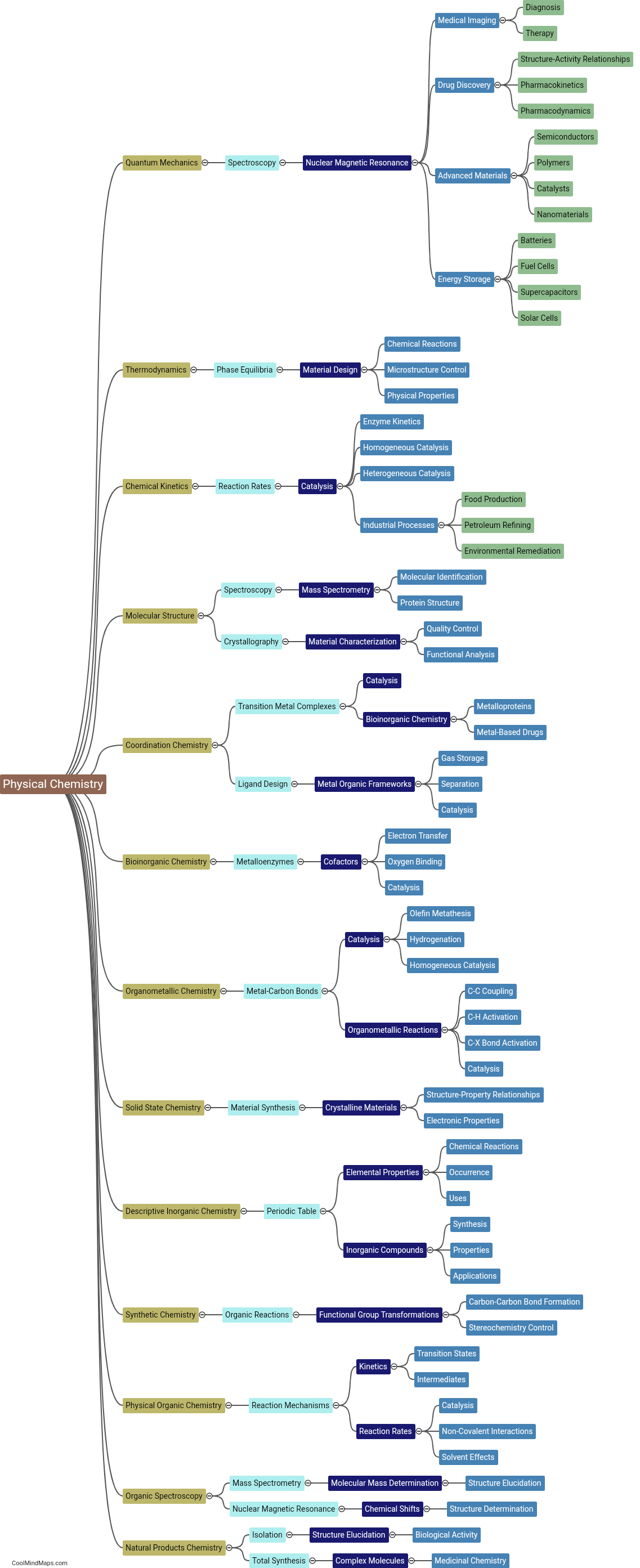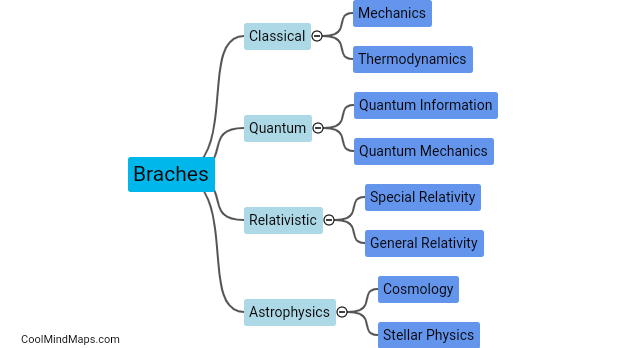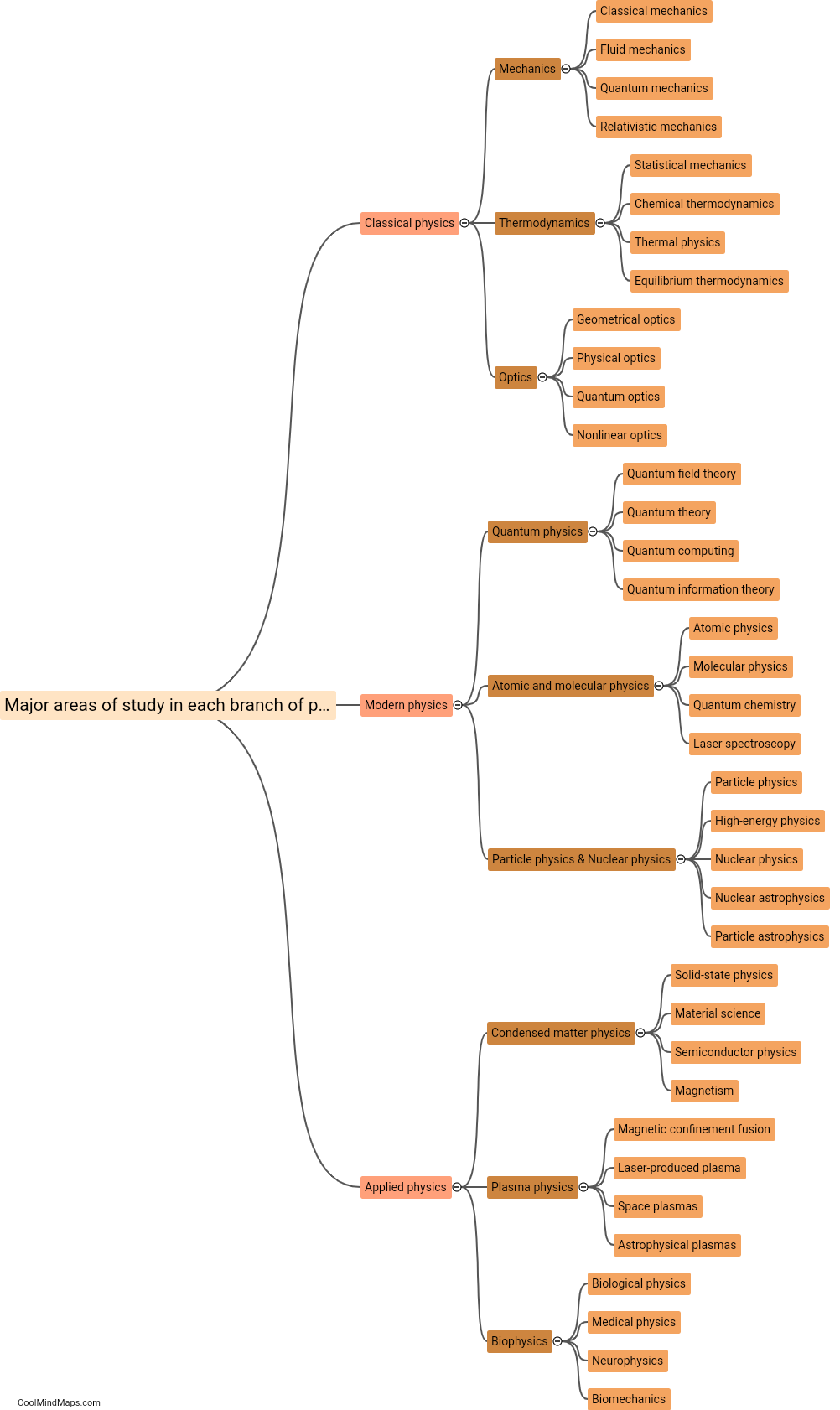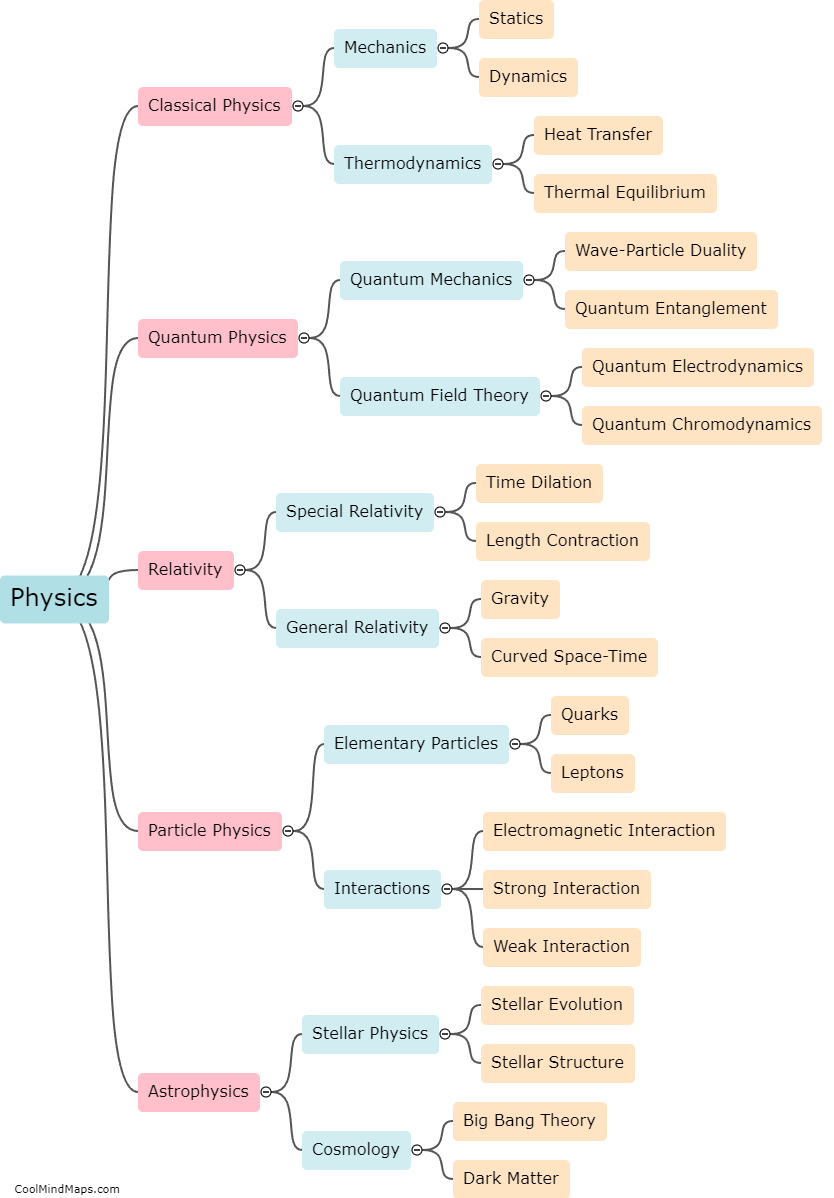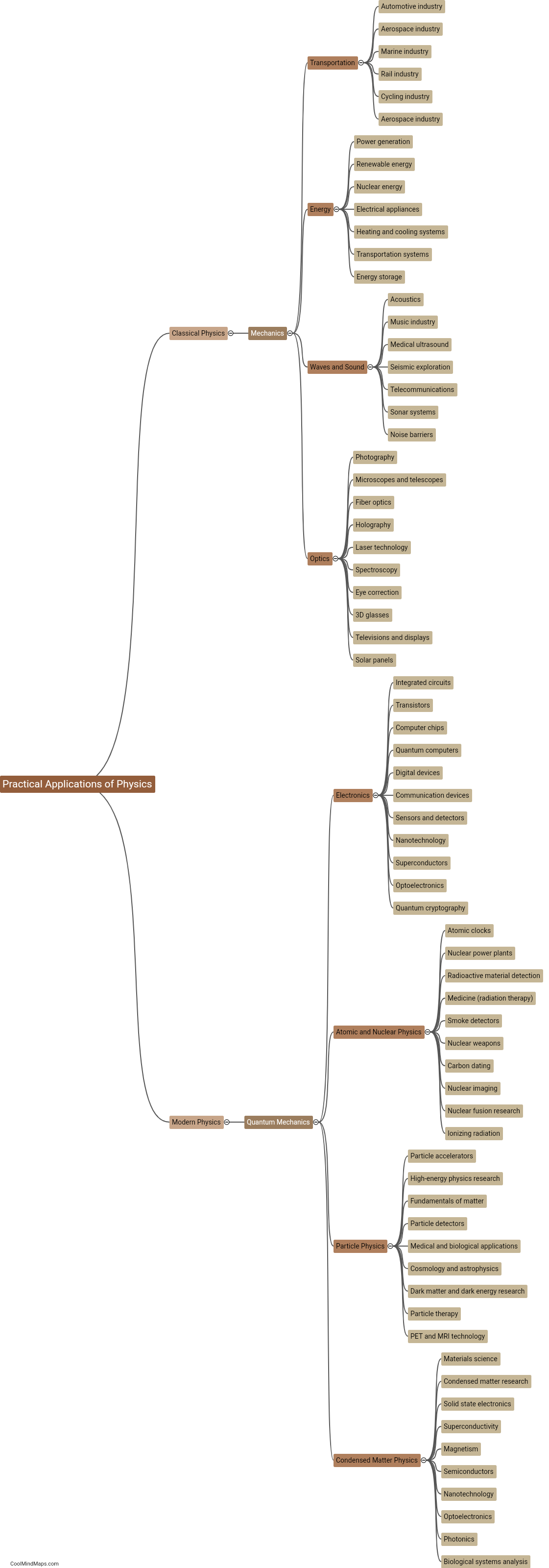How do the branches of chemistry overlap or connect?
The branches of chemistry overlap or connect in various ways, reflecting the interconnected nature of the field. Analytical chemistry provides the tools and techniques to determine the composition and structure of substances, which is foundational for all other branches. Physical chemistry explores the fundamental principles governing chemical behavior and the interaction between matter and energy. Inorganic chemistry focuses on the study of elements and compounds that do not contain carbon, while organic chemistry is primarily concerned with carbon-containing compounds and their reactions. These two branches often collaborate, as organic compounds can be used in various inorganic applications. Moreover, biochemistry examines the chemical processes occurring in living organisms, linking concepts from organic and physical chemistry to better understand biological systems. Overall, the branches of chemistry interconnect to drive scientific progress and to develop a comprehensive understanding of the chemical world.

This mind map was published on 21 July 2023 and has been viewed 216 times.
